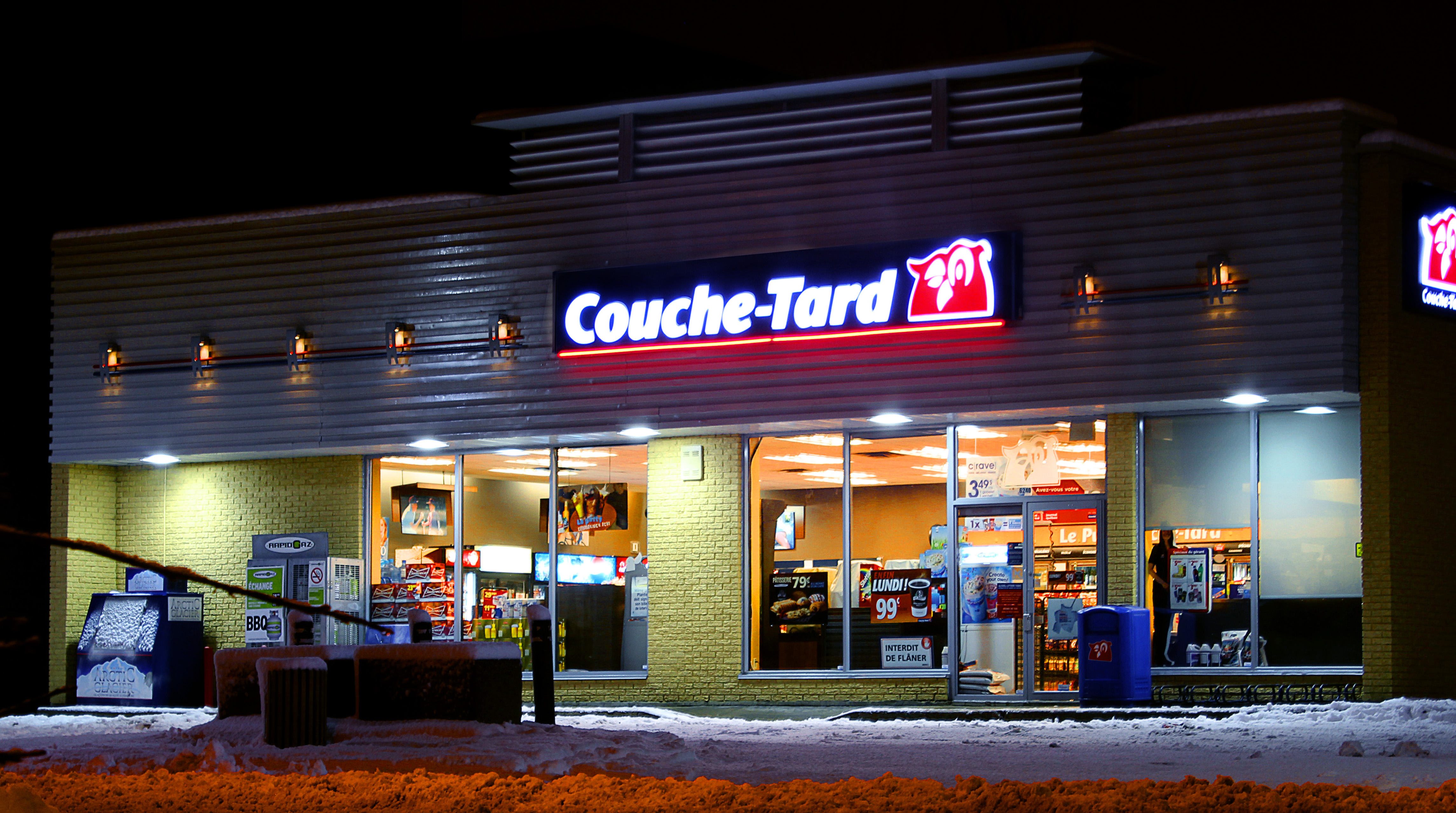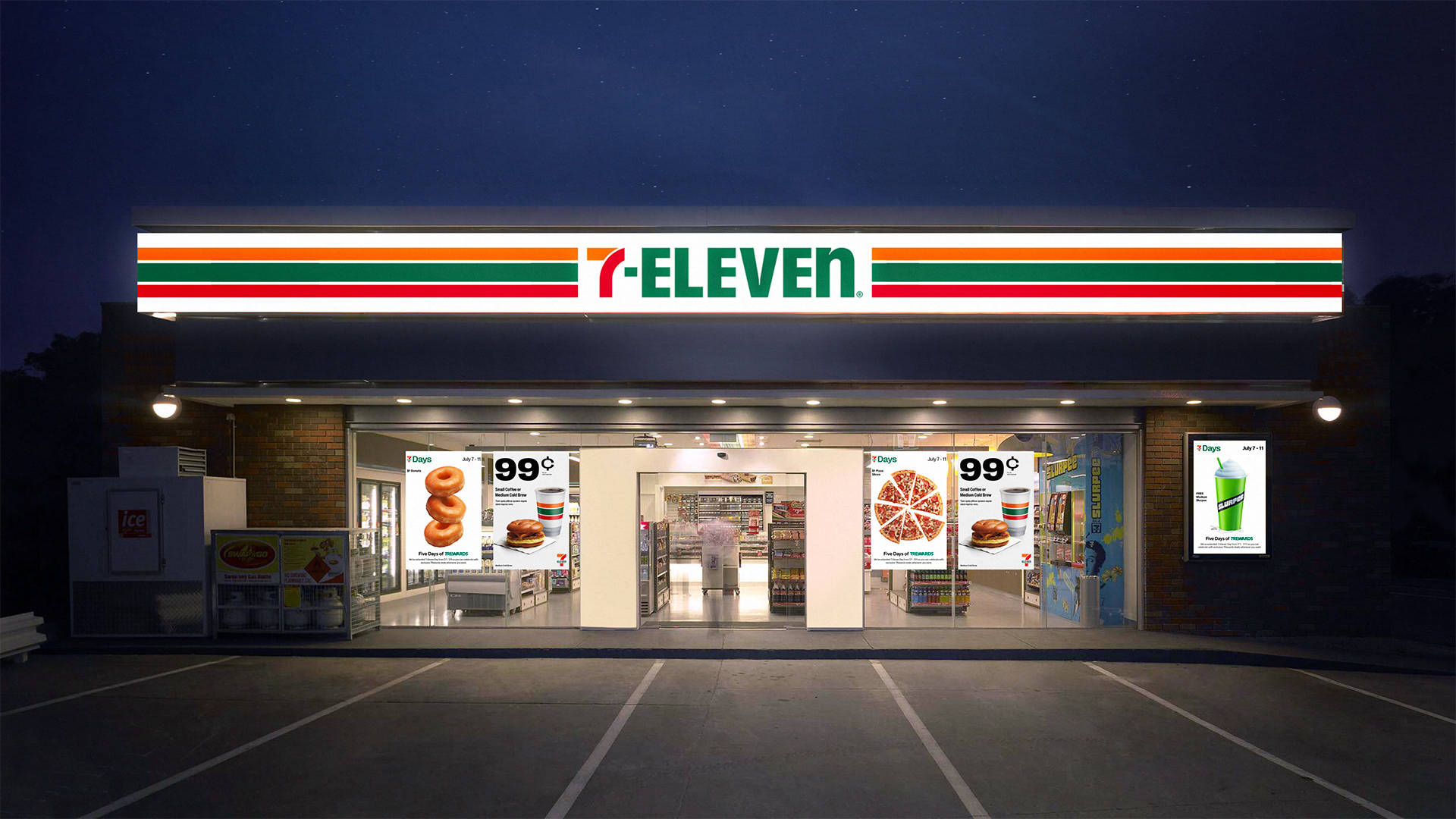Couche-Tard’s Bid for 7-Eleven Seen as Strategic Move for ‘Cheap’ Stock, Amid Regulatory Concerns

Alimentation Couche-Tard’s recent bid to acquire 7-Eleven’s parent company, Seven & i Holdings, has sparked discussions within the financial world about the strategic motives behind the deal. According to industry analysts, the Canadian retail giant, which operates Circle K, views Seven & i as an undervalued stock, making it an attractive target for acquisition. Richard Kaye, a portfolio manager at Comgest, remarked that despite Seven & i’s robust core business, Couche-Tard likely sees an opportunity for a financially advantageous acquisition.
The acquisition, if successful, would be one of the largest foreign takeovers of a Japanese company. Although the offer amount remains undisclosed, U.S. investment firm Artisan Partners Asset Management has urged Seven & i to seriously consider the buyout offer. The move comes as the Japanese conglomerate is undergoing a restructuring process aimed at expanding 7-Eleven’s global reach and divesting from its underperforming supermarket divisions.
Despite Couche-Tard’s strong financial position, with a valuation of $54 billion compared to Seven & i’s $38.3 billion, the deal faces significant regulatory challenges. Particularly, antitrust scrutiny is anticipated in both the U.S. and Japan, given the size and scope of the companies involved. Retail analyst Bryan Gildenberg commented that regulatory approval may require divestments to address competition concerns, especially in the U.S. market.

In Japan, Seven & i is reportedly seeking designation as a “core” company under the country’s Foreign Exchange and Foreign Trade Act, which could complicate the acquisition. This designation would subject the transaction to heightened scrutiny by Japan’s finance ministry, reflecting concerns about potential disruptions to 7-Eleven’s well-established convenience store model, known as “konbini” in Japan.
While Couche-Tard’s interest in Seven & i stems from the Japanese firm’s perceived undervaluation, the deal also highlights a broader trend of global companies seeking undervalued opportunities within Japan’s stock market. Kaye noted that despite the strong operational performance of companies like Seven & i, Fast Retailing, and Pan Pacific International Holdings, they trade at lower valuations than their global counterparts, making them attractive investments for firms like Couche-Tard.
However, the potential regulatory roadblocks and the preservation of Seven & i’s unique business model remain key challenges in completing the deal. If successful, the acquisition could reshape the global convenience store landscape and further expand Couche-Tard’s footprint beyond North America, into one of the world’s largest retail markets.



















